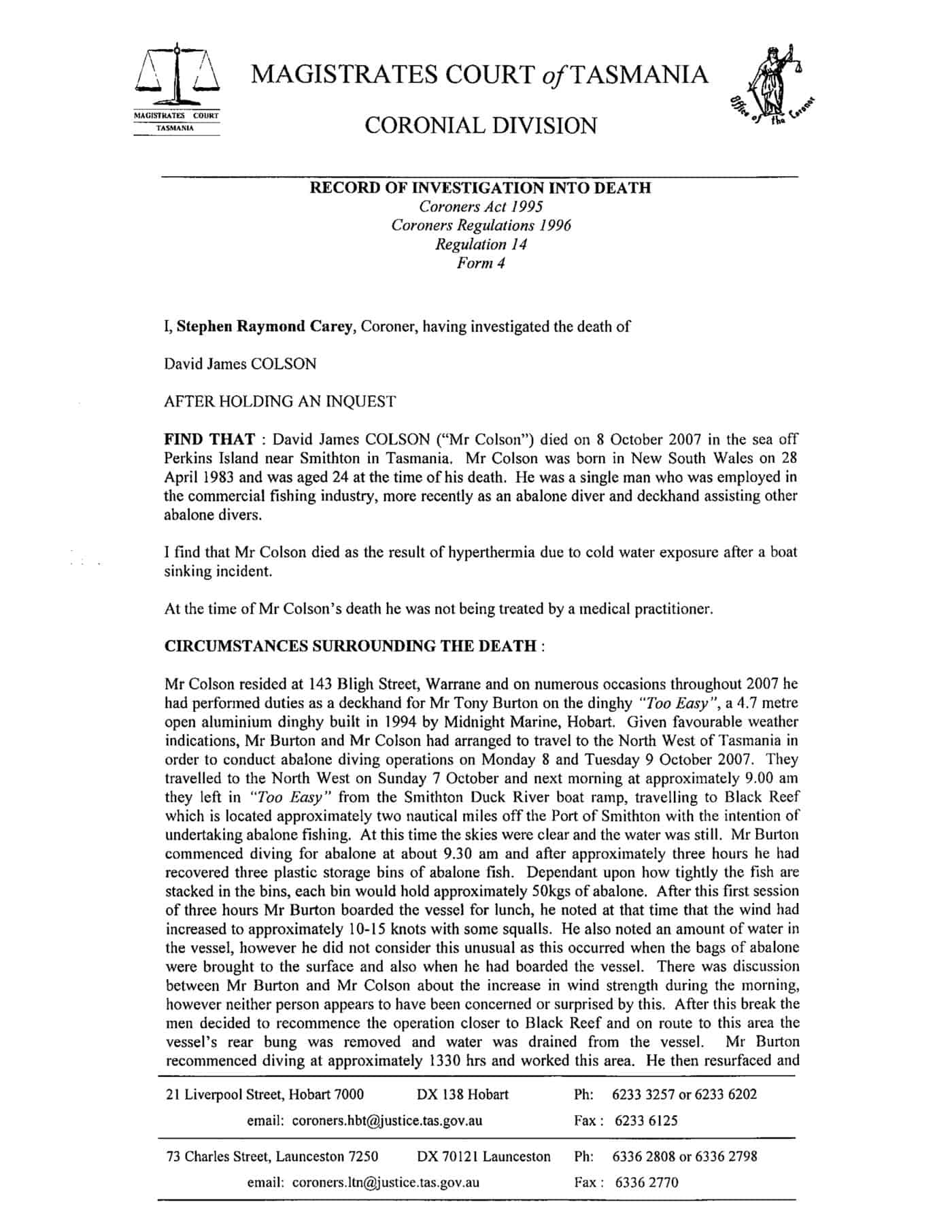The Health & Safety Executive (HSE) has come in for a lot of “stick” over the last few years by seemingly over-reacting to OHS hazards. In many cases, these reports have come from a misinterpretation of OHS rules and guidelines or a misunderstanding of the basic principles of safety. In some cases it is simply a beat-up my England’s tabloid media.
However, this attitude to safety and the creation of a misperception of OHS has annoyed the HSE. Below is a video that the HSE produced, going by the tone of the video, in response to the bad press.
The “Right People” campaign seems familiar to many other campaigns attempted around the world and the introduction depicting silly headlines shows that the HSE is think-skinned.
Much more successful is the HSE’s recent campaign about safety in farming. Continue reading “Getting safety promotion right”



